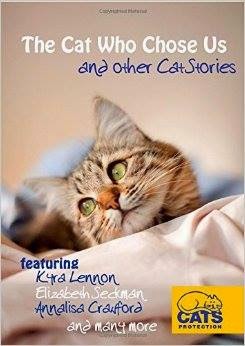When I started writing fiction a couple of years ago, one of the things I had to learn quite quickly was how to handle dialogue. It is through dialogue that our characters come to life and we can show through their words a lot of information about them without telling the reader. I found that one way to hear dialogue is to eaves-drop on conversations...on a bus, in a queue to pay in a supermarket, in fact, anywhere where people are interacting by talking. I immediately start making assumptions about the people who are talking and about the situation that they're talking about. Later, I often start to think up stories about what I've heard. I noticed that very often the dialogue I overheard contained short sentences, part sentences and if I've written perfectly constructed complex sentences as dialogue, they will appear 'clunky' and unnatural. One member of my writing group writes dialogue particularly well and reveals so much information about his characters simply through what they say.
Where your story is set can be implied by the words used. My daughter moved to Manchester after many years living in Hertford. Now, when she's offered a cup of tea, she's noticed people say, 'Fancy a brew?' In a recent story, one of my older characters said to his young colleague, ‘You, ok, now, Nia, bach?' Even though a reader may not know what 'bach' means (little one), hopefully they would gather that it's a term of endearment in Wales where as if I'd used 'duck', 'pet', 'honey', 'princess', these would suggest other regional settings.
After years of encouraging pupils to use a variety of synonyms for 'said', I was soon taught that these give your story an amateurish look. It's best to stick to 'said' as the only dialogue tag and even then, it should not to be accompanied by an adverb. The words spoken should be the important ones to read and 'said' retreats into the background and almost becomes like a punctuation mark. As long as the reader knows who's speaking, we don't need a dialogue tag at all. A character's actions and mannerisms at the time of speaking can show the reader how the words were said and how the character was feeling.
 There is an excellent section on dialogue in Telling Tales: How to Write Sensational Short Stories, a book based on the first writing course I took which was taught by Lynne Barrett-Lee. In it, she says that writing good dialogue:
There is an excellent section on dialogue in Telling Tales: How to Write Sensational Short Stories, a book based on the first writing course I took which was taught by Lynne Barrett-Lee. In it, she says that writing good dialogue:- brings your story to life
- moves the action along
- incorporates back-story and any vital off-stage information
- displays character and differentiates between characters
- creates atmosphere and tension
Have you written any stories after overhearing a conversation? Have any of you written a story completely in dialogue?
Thank you for reading my blog. You may follow me on Twitter @JanBayLit and on my Jan Baynham Writer Facebook page.




